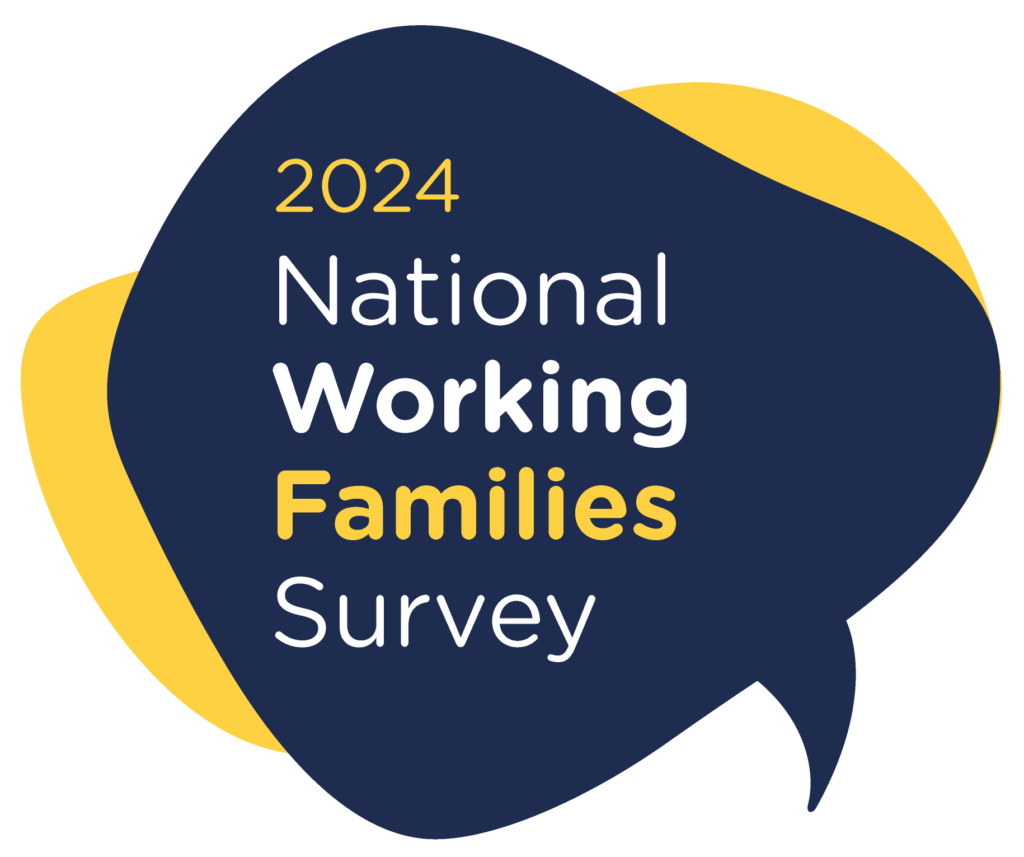The call from unions to significantly increase paid parental leave is the kind of big, bold action Australia needs for creating a more family friendly economy that truly values care.
This week the Australian Council of Trade Unions released a policy paper calling for paid parental leave to be increased to 52 weeks by the year 2030, with superannuation paid during leave. The ACTU wants to see a jump from the current Commonwealth funded parental leave that’s currently paid at the minimum wage, to 26 weeks, to occur more immediately.
And it wants the current labels of “primary” and “secondary” carer removed and replaced with a common category of “parent”.
Making this jump would see Australia elevated from its current standing as the second least generous of OECD countries on providing paid parental leave (we are only ahead of the United States, which has no federally funded approach). It would put us more in line with some of the best practice examples we see overseas, including Nordic countries which are far outperforming Australia on gender equality measures.
This is why Parents At Work is encouraged by and supportive of unions putting leave reform as one of their key priorities; we know it can be a game changer. There’s a good reason why large and progressive employers are increasingly bolstering their gender neutral paid parental leave schemes – they know it’s good for business, while also contributing to gender equity efforts. We’ve been working hard to advocate for label-free, equal PL policies within workplaces for the last 5 years and established the Australian Parental Leave Equality Network and Family Friendly Workplaces Initiative to drive change.
However, any such reforms to Australia’s federally-funded paid parental leave scheme must ensure that men are intentionally encouraged to take the leave.
While Australia likes to celebrate the paid parental leave scheme introduced just over a decade ago by the then Gillard Government – with some minor tinkering around the edges over the past few years – the scheme nowhere near matches what’s offered internationally.
Back in 2019, 95 per cent of all primary carers leave was found to be taken by mothers in Australia. As for the two weeks of “Dad and Partner Pay” on offer, just half of new fathers were taking it at all according to stats published in March this year. There have been some changes to the scheme since. Notably, that parents can now share the full 20 weeks between them, carving it up however they choose. However, that change could be even further cementing gender norms, because with no “use it or lose it” provision for fathers, mothers will continue to default to taking it.
The best paid parental leave schemes globally are not only generous, they also include incentives that encourage dads to actually take the leave.
In Sweden, 480 days of paid leave is provided to parents, 90 of which are reserved for fathers on a use it or lose it basis. In Iceland, new parents now receive 12 months leave, at 80 per cent of their total salary – which can be shared between parents.
These are countries where fathers taking long stints of paid parental leave is the norm, rather than an exception that’s so rare, that fathers can feel unable and unsupported in even thinking about the idea of taking extended leave.
By encouraging more fathers to participate in “primary” parental leave through policies that make doing so financially and socially compelling, we will go a long way to normalising the idea of men taking parental leave.
Even better, we’ll see more dads involved in care and domestic duties at home from the outset of starting a family, which as research shows – sees dads remaining more involved later on.
The ACTU has identified reforming paid parental leave as a key strategy for halving the national gender pay gap and the workforce participation gap. It says that doing so could see the economy generating a massive $111 billion every year.
That number will far exceed the cost of introducing such a scheme.
Any outcomes from this week’s National Jobs and Skills Summit must include prioritising significant reforms to our paid parental leave scheme to not only extend the time available, but also to use it as a means for promoting shared care and ultimately contributing to gender equality.
Article written by Emma Walsh, CEO, Parents At Work & Founder, Family Friendly Workplaces. Article first published by Women’s Agenda.


